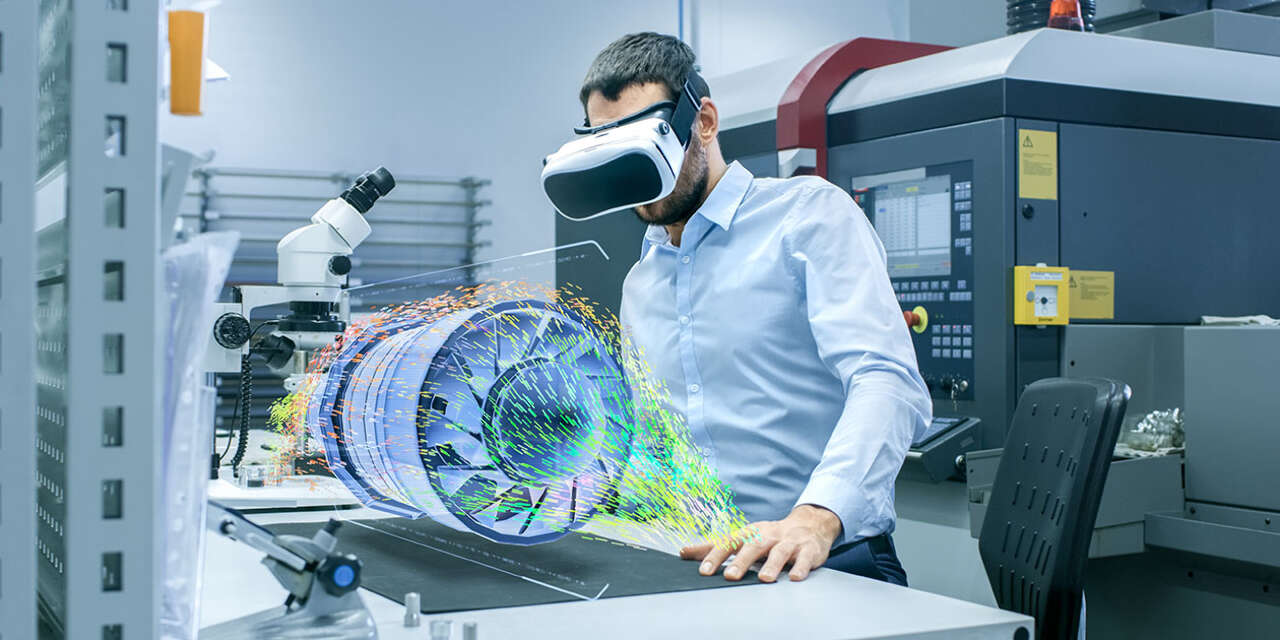Overview
Overview
The course is not suitable for graduates of a four-year undergraduate degree, with Engineers Australia accreditation in the same discipline. Those holding an EA accredited qualification and seeking a masters level qualification in the same discipline are encouraged to consider applying for entry to the Master of Philosophy.
Applicants seeking entry who do not hold such a qualification are required to first complete the one-year Graduate Diploma in Professional Engineering.
Professional engineers apply their knowledge and skills to design innovative solutions to engineering problems, often using technology.
The Master of Professional Engineering equips you with the technical knowledge, skills and professional competencies that allow you to work as a professional engineer upon graduation.
Completion of this course demonstrates attainment of the Stage 1 competency standards for Professional Engineers required by Engineers Australia (EA), subject to EA accreditation. Direct entry to this course is available if you have a four-year engineering qualification in a discipline related to your intended major. Otherwise, you may need to complete the Graduate Diploma in Professional Engineering prior to enrolling in this course.
During this course, you must gain at least 12 weeks of exposure to engineering professional practice and keep a formal log book to record your experience. In your final year, you will complete a major research or design project that will draw upon and integrate knowledge and skills attained through the course.
You can choose one of the following majors:
- Chemical Engineering
- Civil Engineering
- Embedded Systems Engineering
- Emerging Power Systems Engineering
- Telecommunications and Networking Engineering
- Mechanical Engineering
- Metallurgical Engineering
- Mining Engineering
- Petroleum Engineering
- Software Engineering
- Subsea Engineering
What you'll learn
- apply advanced and integrated knowledge and skills to design and lead the implementation of innovative solutions to complex engineering problems
- incorporate cultural sensitivity and understanding, including that of local First Peoples, in decisions related to the design and implementation of solutions to engineering problems
- recognise opportunities to lead the development and implementation of innovative engineering solutions to industry problems
- apply advanced engineering skills and knowledge, sustainability frameworks, and ethical approaches to address issues of international relevance
- develop and communicate effective and innovative engineering solutions to complex problems using an adaptive approach to technologies
- develop and maintain professional networks and work ethically and responsibly to progress their career as a professional engineer
